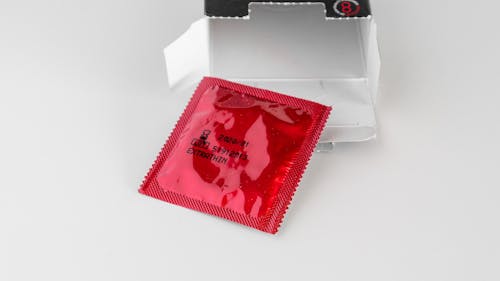New Jersey AIDS/HIV/STD hotline reminds of unintended consequences of college life

In a release yesterday afternoon, the NJ AIDS/HIV/STD Hotline sent out a reminder that, although college is a time for students to be independent and explore academic, as well as social, interests, there can be unintended consequences such as drug misuse, drug overdoses, unplanned pregnancies, getting a sexually transmitted infection (STI) or sexual assault.
"Many will experiment with alcohol and other drugs as well as their sexuality. Unfortunately, this type of experimentation can come at a price. Impulsive, high-risk behaviors can lead to unintended consequences – some even affecting a person’s health for a lifetime," according to the release.
In the United States alone, there are approximately 20 million new STI cases, with those between the ages of 15 and 24 accounting for more than half of those cases. Condoms did not completely eliminate risk, but were an effective way to prevent these STIs, according to the NJ AIDS/HIV/STD Hotline.
"To achieve the maximum protective effect, condoms must be used the right way every time — from start to finish. Always wear a new condom for every act of vaginal, anal and/or oral sex," according to the release.
As for birth control and emergency contraception, such as Plan B or Ella, these methods only prevent pregnancies, not HIV or other STIs.
The release also warned of the influence of drugs and alcohol, which can lower inhibitions and affect one's decision-making skills, as well as increase the probability of participating in high-risk behaviors.
"Unprotected sex (no condom), sharing injection drugs, having many sex partners, having sex with a high-risk partner, exchange of sex (sex work) for drugs or money, etc. These behaviors greatly increase one’s risk for getting and spreading HIV and other STIs including viral hepatitis," according to the release.
Anyone who is sexually active is at risk of getting an STI, even if it is one's first time being intimate with a partner. The majority of STIs are spread through shared bodily fluids, as well as genital touching and injections through drug use. The NJ AIDS/HIV/STD Hotline advises students to get tested regularly for STIs, as some may not be showing symptoms even if they have STIs.
"HIV is no longer a death sentence. People on antiretroviral therapy (ART) are living longer and healthier than ever before. Although there is no cure for HIV, effective treatment significantly decreases the amount of HIV in the body to an undetectable level, preventing further progression. People living with HIV 'who maintain an undetectable viral load have effectively no risk of transmitting HIV to their HIV-negative partner through sex.' If you do not know your HIV status, get tested and start HIV treatment immediately, if diagnosed," according to the release.



